7 results in Canto original series
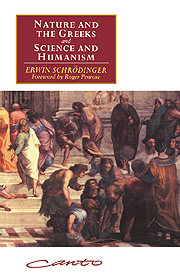
'Nature and the Greeks' and 'Science and Humanism'
-
- Published online:
- 05 July 2014
- Print publication:
- 13 August 1996
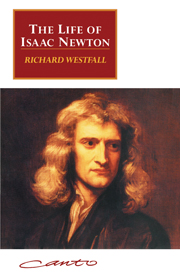
The Life of Isaac Newton
-
- Published online:
- 05 September 2013
- Print publication:
- 29 July 1994
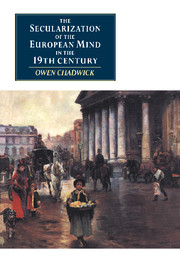
The Secularization of the European Mind in the Nineteenth Century
-
- Published online:
- 05 June 2012
- Print publication:
- 13 September 1990
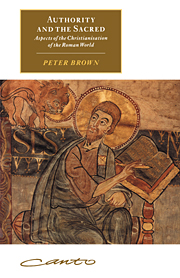
Authority and the Sacred
- Aspects of the Christianisation of the Roman World
-
- Published online:
- 18 April 2011
- Print publication:
- 28 August 1997
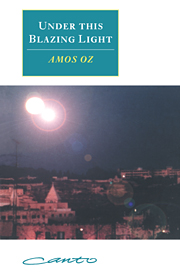
Under this Blazing Light
-
- Published online:
- 07 September 2010
- Print publication:
- 09 March 1995
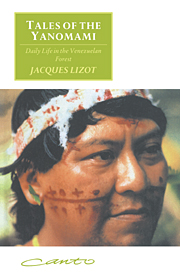
Tales of the Yanomami
- Daily Life in the Venezuelan Forest
-
- Published online:
- 17 May 2010
- Print publication:
- 02 May 1991
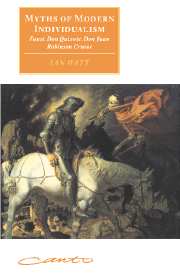
Myths of Modern Individualism
- Faust, Don Quixote, Don Juan, Robinson Crusoe
-
- Published online:
- 24 November 2009
- Print publication:
- 23 February 1996

